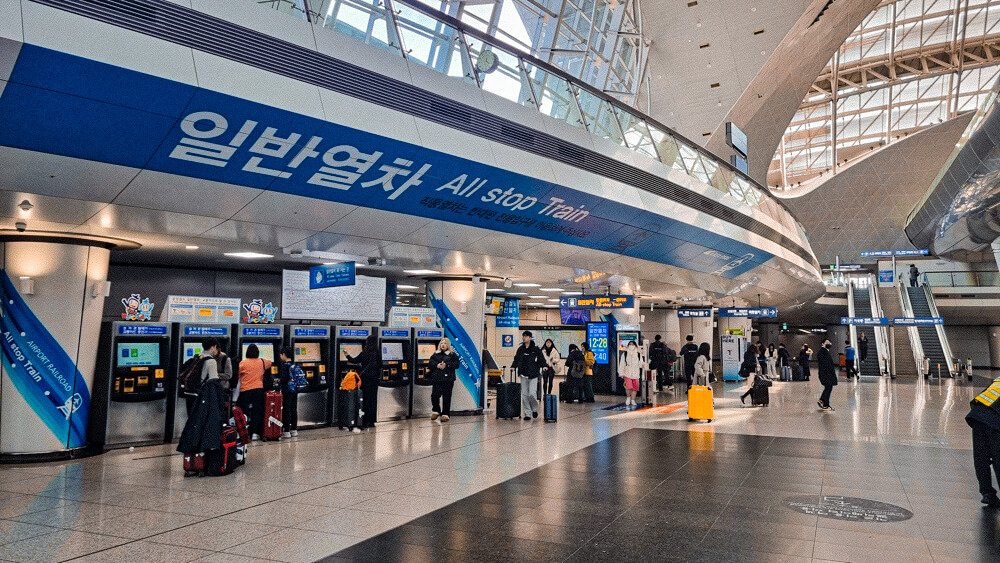Table of Contents
ToggleIntroduction to Rapid URL Indexer and SEO
In the fast-paced world of digital marketing and search engine optimization (SEO), indexing your content by search engines like Google is crucial. Without indexing, your web pages will not appear in search engine results pages (SERPs), leaving your content invisible to your target audience. This is where tools like the Rapid URL Indexer come into play, offering a fast-tracked way of getting your URLs into search engine indexes.
This article will explore how Rapid URL Indexer can enhance your SEO efforts, especially in the context of international SEO. We will address questions like: Is Rapid URL Indexer safe for SEO? What is international SEO? How does Google indexing work with Rapid URL Indexer?
Exploring the Challenges and Alternatives to indexOf in Apps Script Arrays
What is SEO, and Why is Indexing Important?
SEO, or Search Engine Optimization, is optimizing your website and content to improve its visibility on search engines like Google. The ultimate goal is to rank higher in SERPs, driving organic traffic to your site.
However, before your content can rank in SERPs, it must be crawled and indexed by search engines. Indexing is the process where search engines analyze and store web pages in their databases. Only after a page is indexed can it appear in search results. This makes indexing a vital step in the SEO process.
For example, if you publish a new blog post or update an existing page, search engines like Google may take time to find and index the latest content. This delay can affect the visibility of your content, which is particularly problematic for time-sensitive topics or newly launched websites.
How Can I Improve My International SEO?
International SEO involves optimizing your website to rank well in different countries and languages. Here are some steps to improve your international SEO:
- Hreflang Tags
Hreflang tags help search engines understand which language and country versions of your pages should be displayed to users. They are crucial in preventing duplicate content issues when multiple versions of the same page target different regions. Implementing hreflang tags correctly ensures that the right audience sees the correct version of your page.
Example of a hreflang tag:
html
Copy code
<link rel=”alternate” hreflang=”en-us” href=”http://example.com/us/” />
- Localized Content
Simply translating your content isn’t enough. Your content must be tailored to each region’s cultural and linguistic nuances. For instance, a keyword that works well in the United States may not have the same search volume in the UK or India. Use region-specific terminology, currencies, and references to make your content more appealing to local audiences.
- Geotargeting
Use country-specific domains like .fr for France or subdirectories like example.com/uk/to better target specific regions. Google offers geotargeting options through Google Search Console, allowing you to specify which country or region a particular website is intended to target.
- Mobile Optimization
Many countries, particularly in Asia and Africa, have large mobile user bases. Ensuring your website is mobile-friendly is crucial for international SEO. Responsive design, fast loading speeds, and user-friendly navigation are all essential.
- Building Local Backlinks
Backlinks from local websites in your target region are precious. They boost your site’s credibility and authority in the eyes of search engines, improving your chances of ranking higher in those specific regions.
What is a Rapid URL Indexer?
Rapid URL Indexer is a tool designed by search engines like Google to accelerate the indexing process of web pages. Usually, when you publish new content or update existing pages, search engines can take days or weeks to discover, crawl, and index those pages. A Rapid URL Indexer bypasses this delay by submitting your URLs directly to search engines, prompting them to crawl and index the pages faster, often within hours.
How Does It Work?
- URL Submission: You submit the URLs you want indexed to the Rapid URL Indexer tool.
- Ping Search Engines: The tool “pings” or sends a notification to search engines, alerting them to the new or updated pages.
- Faster Crawling: Search engines crawl the submitted URLs sooner, leading to speedier indexing and potential visibility in search results.
Is Rapid URL Indexer Safe for SEO?
Yes, Rapid URL Indexer is generally safe for SEO if used correctly. It helps speed up indexing and is beneficial for new websites, updated content, or time-sensitive pages.
However, there are some best practices to keep in mind:
- Avoid Overuse: Search engines can see excessively submitting URLs as spammy. Use Rapid URL Indexer for essential pages and updates, but don’t rely on it for every minor change.
- High-Quality Content: Ensure the content you’re trying to index is valuable and high-quality. Indexing thin or low-quality content quickly won’t benefit your SEO and could even lead to penalties.
- Follow Google’s Guidelines: When using any indexing tool, always follow Google’s webmaster guidelines. The goal should be to expedite the natural process, not to game the system.
Rapid URL Indexer can be an effective tool for enhancing your SEO strategy when used responsibly.
What is International SEO?
International SEO optimizes your website to improve rankings in different countries and languages. Unlike local SEO, which focuses on a specific geographic area, international SEO aims to reach global audiences by adapting your content to various regions and languages.
Critical Components of International SEO:
- Language Targeting: You must ensure that search engines and users know which language your content is in. This is usually done through hreflang tags or language meta tags.
- Geotargeting: Geotargeting involves making sure that search engines understand which country your content is meant for. This is done through ccTLDs (country code top-level domains), subdirectories, or by setting the country preference in the Google Search Console.
- Localized Content and Keywords: Effective international SEO requires content tailored to your target audience’s language, culture, and preferences. This includes using region-specific keywords and localizing your products or services to meet local expectations.
What is Google Indexing & Rapid URL Indexer?
Google Indexing is the process by which Google’s search engine crawlers (Googlebots) discover, analyze, and store a website’s content in their database. When a page is indexed, it becomes part of Google’s search engine results and can be retrieved for relevant search queries.
Rapid URL Indexer works by accelerating the indexing process. Usually, Google crawls your site at its own pace, which can vary based on your website’s domain authority, the frequency of updates, and the number of backlinks pointing to your site. A rapid URL indexer speeds this up by directly submitting your URLs to Google’s systems, encouraging the bots to crawl your site sooner.
Benefits of Rapid URL Indexer for Google Indexing:
- Faster Visibility: Your pages are indexed and can appear in search results sooner, allowing you to take advantage of timely SEO opportunities.
- Improved SEO Campaigns: By ensuring that new or updated content is indexed quickly, you can make your SEO campaigns more agile.
- International Reach: If you’re targeting multiple regions, rapid indexing can help your localized pages be found faster by audiences in different countries.
Questions and Answers About Rapid URL Indexer and International SEO
Q1: Can Rapid URL Indexer Help My Website Rank Better in Foreign Markets?
While Rapid URL Indexer can speed up indexing your content, it doesn’t directly improve rankings. To rank better in foreign markets, you must focus on international SEO practices like localized content, relevant keywords, hreflang tags, and building regional backlinks.
Q2: Is Rapid URL Indexer Suitable for All Types of Websites?
Yes, Rapid URL Indexer can be used by almost any website, whether a blog, eCommerce site, or corporate website. However, the tool is handy for sites that regularly update content or need to get time-sensitive pages indexed quickly.
Q3: Can I Submit Too Many URLs at Once Using Rapid URL Indexer?
Yes, submitting too many URLs quickly can be seen as spammy behaviour by search engines. It’s best to prioritize the most important pages and use the tool sparingly to avoid penalties.
Q4: Is International SEO Necessary for All Businesses?
No, international SEO is only necessary if you’re targeting global markets. Focusing on local SEO might be more appropriate if your business serves local or regional customers.
Final Thoughts
Rapid URL Indexer can significantly improve your SEO efforts, particularly when speeding up the indexing process. This tool can be valuable for international SEO in ensuring that your localized content is indexed quickly and appears in search results for different regions. However, it’s important to remember that this is just one part of a broader SEO strategy. Quality content, proper use of hreflang tags, and targeted keyword optimization remain the foundation of a successful international SEO campaign.






